Smoking can make symptoms from cancer treatment worse, and can even make treatments less effective

If you’ve been diagnosed with cancer, quitting smoking may not be at the top of your mind. With everything you’re facing during cancer treatment, it’s understandable if the idea of quitting feels stressful, or if you’re unsure whether it still matters.
Advertisement
Cleveland Clinic is a non-profit academic medical center. Advertising on our site helps support our mission. We do not endorse non-Cleveland Clinic products or services. Policy
But this is exactly the right time to try to quit smoking, says pulmonologist and smoking cessation specialist Humberto Choi, MD.
Dr. Choi explains the risks of smoking during cancer treatment and how quitting can help prep your body to fight cancer.
“Quitting smoking, even after a cancer diagnosis, can make a big difference, not only in your overall health, but also in your ability to bounce back after treatment,” Dr. Choi says.
Here’s a look at some of the ways that smoking affects you when you’re going through treatment for cancer.
Cancer treatments like chemotherapy and radiation can cause uncomfortable side effects like fatigue, nausea, hair loss, skin problems and pain — and research shows that smoking makes these side effects even worse.
In one study, even six months after treatment, people who smoked continued to report more severe side effects from their cancer treatment than people who didn’t smoke.
“If you’re able to quit smoking before starting treatment, you’re likely to experience side effects similar to people who don’t smoke,” Dr. Choi says.
There’s evidence that smoking changes the way your body processes chemotherapy drugs. This makes them less effective than they would be if you didn’t smoke.
Advertisement
“The chemicals in cigarettes ultimately lower the concentration of chemotherapy medication in your body,” Dr. Choi explains. “That makes it more difficult for chemotherapy to do the job of killing cancer cells.”
Smoking makes it harder for your body to recover from cancer treatment, especially those that involve surgery. It also increases your risk of complications after surgery.
“Smoking really impacts every part of your body, from your circulation and cardiovascular health to your overall immune system and your body’s ability to heal from wounds,” Dr. Choi points out.
A global health report shows that people who smoke tobacco are at a significantly higher risk for complications after surgery than people who don’t smoke. It found that quitting at least four weeks before surgery lowered the risk of complications like:
If your cancer treatment is successful, quitting smoking lessens the chances that a different type of cancer will return.
When it comes to lung cancer, this may seem obvious. But smoking can cause many other types of cancer, too, including cancers of the:
“In short, smoking is a risk factor for virtually all cancers,” Dr. Choi says.
Maybe you’ve tried to quit smoking in the past but couldn’t stick with it. And if so, you’re not alone. The American Lung Association reports that the average person who smokes attempts to quit seven times before finally quitting for good — but one study suggests it could be closer to 30 times.
The good news is that you don’t have to do it alone.
“The first step in quitting smoking is simply talking with your healthcare provider,” Dr. Choi encourages. “Some people feel embarrassed or worried about bringing it up. But there’s no judgment. We’re here to support you."
There is a wide range of options that can help you make quitting last, including:
Being open with your treatment team can help you find the resources to quit for good, which can drastically improve your quality of life — and the chances that your treatment will be successful.
“Even if you’ve already been diagnosed with cancer or with another condition, you will still benefit from quitting,” he reiterates. “It’s never too late to quit. And the sooner, the better.”
Advertisement
Learn more about our editorial process.
Advertisement

Vaping exposes you to thousands of chemicals, including many that are known to cause cancer and lung disease

From dental diseases to cardiovascular problems, the harmful effects of smoking hookah have plenty of downsides for your health
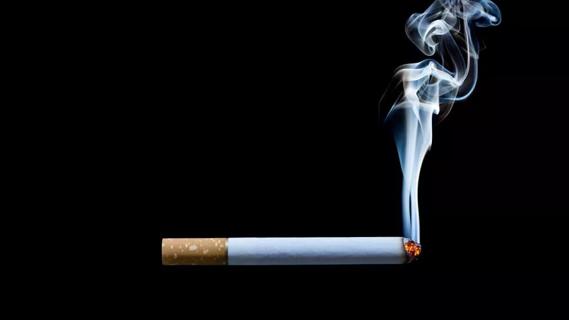
Even only a couple cigarettes a day can lead to potentially deadly lung diseases like COPD and emphysema

Your risk goes down once you quit, but you may still need a lung cancer screening
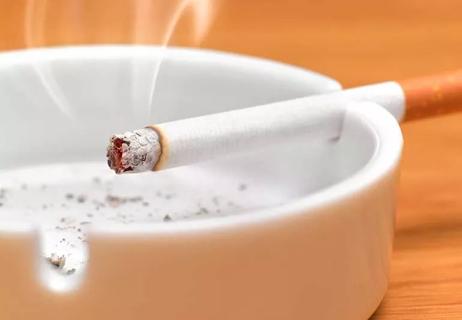
Cigarettes increase your risk of developing the condition and worsening its effects
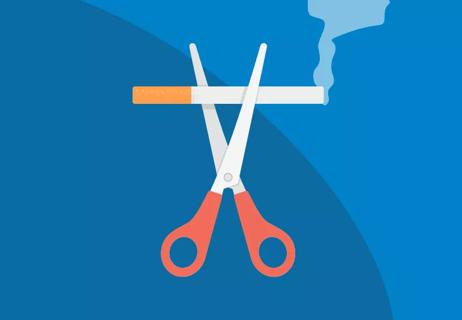
Health benefits start within 20 minutes and continue to grow for years after
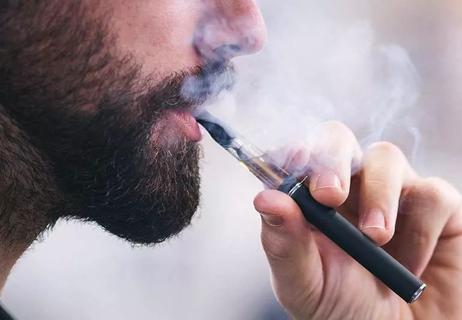
Each comes with substantial health risks and should be avoided
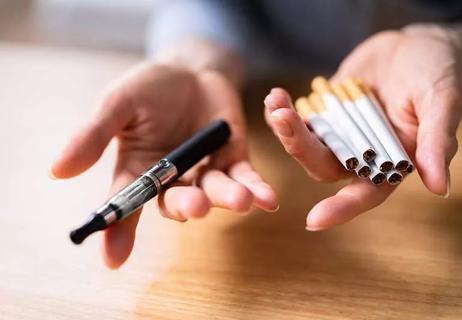
Smoking and vaping deplete oxygen-rich blood that you need for endurance and fitness

Wearing a scarf, adjusting your outdoor activities and following your asthma treatment plan can help limit breathing problems

Your diet in the weeks, days and hours ahead of your race can power you to the finish line

When someone guilt trips you, they’re using emotionally manipulative behavior to try to get you to act a certain way